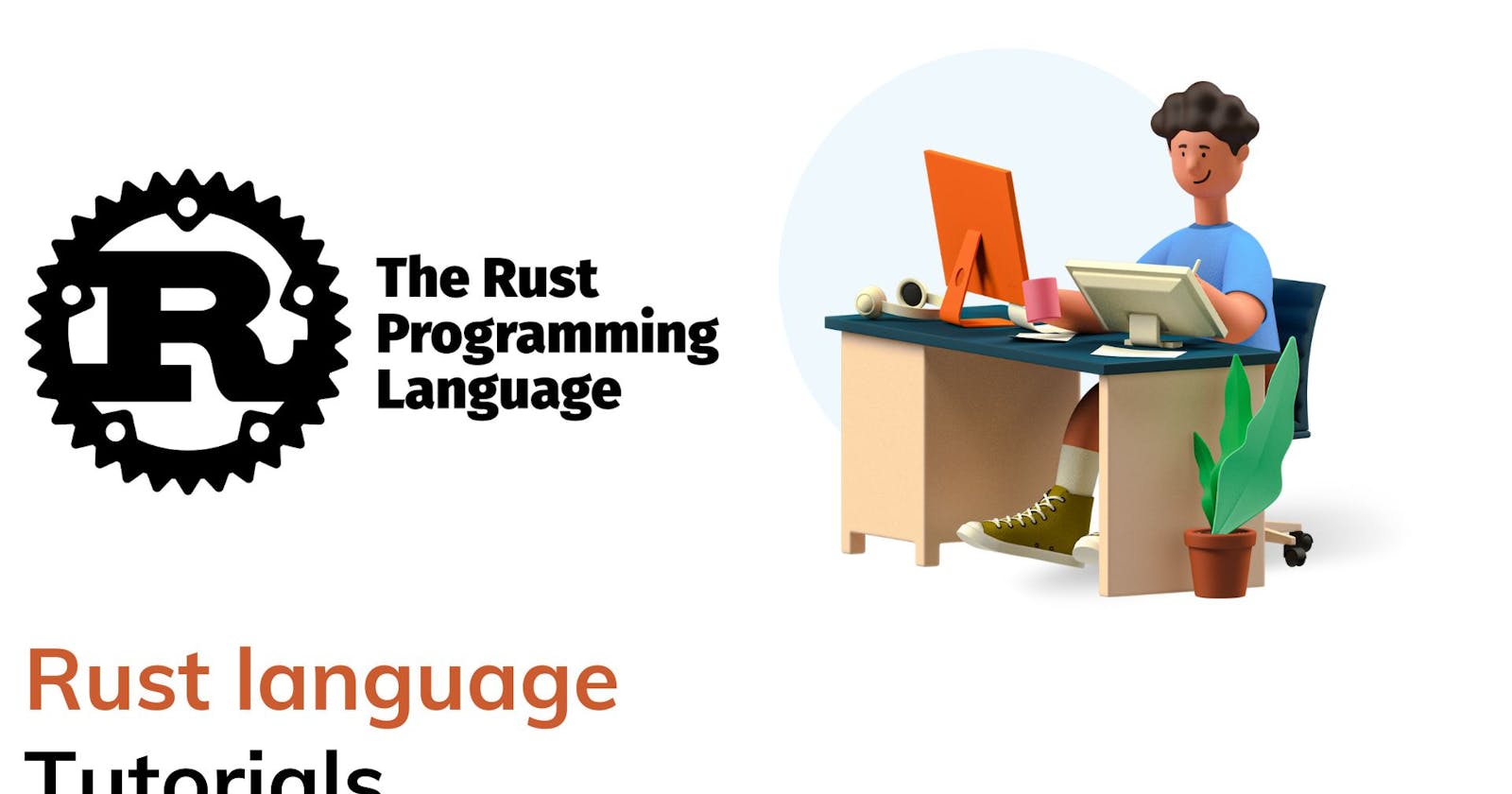Rust offers a plethora of features and data structures that are instrumental in solving various programming challenges. Let's dive into a set of coding exercises to sharpen your proficiency with strings, collections, and iterators in Rust.
String Manipulation
Problem Statement 1: Reverse a String
Task: Create a function that takes a string and returns its reverse.
Example:
fn reverse_string(s: &str) -> String {
s.chars().rev().collect()
}
fn main() {
let text = "Rust is amazing!";
let reversed = reverse_string(text);
println!("Reversed String: {}", reversed); // Output: "!gnizam si tsuR"
}
Problem Statement 2: Check for Palindrome
Task: Implement a function to determine if a given string is a palindrome.
Example:
fn is_palindrome(s: &str) -> bool {
let reversed = s.chars().rev().collect::<String>();
s == reversed
}
fn main() {
let text = "racecar";
if is_palindrome(text) {
println!("It's a palindrome!");
} else {
println!("It's not a palindrome.");
}
}
Collection Operations
Problem Statement 3: Find the Maximum Element
Task: Create a function to find the maximum element in a vector.
Example:
fn find_max_element(arr: &[i32]) -> Option<i32> {
arr.iter().cloned().max()
}
fn main() {
let numbers = vec![4, 7, 2, 9, 5];
if let Some(max) = find_max_element(&numbers) {
println!("Maximum Element: {}", max); // Output: 9
} else {
println!("The vector is empty.");
}
}
Problem Statement 4: Filter Even Numbers
Task: Write a function to filter out even numbers from a vector.
Example:
fn filter_even_numbers(arr: &[i32]) -> Vec<i32> {
arr.iter().cloned().filter(|&x| x % 2 == 0).collect()
}
fn main() {
let numbers = vec![1, 2, 3, 4, 5, 6, 7, 8, 9, 10];
let even_numbers = filter_even_numbers(&numbers);
println!("Even Numbers: {:?}", even_numbers); // Output: [2, 4, 6, 8, 10]
}
Iterator Exploration
Problem Statement 5: Sum of Squares
Task: Compute the sum of squares for a given vector of integers.
Example:
fn sum_of_squares(arr: &[i32]) -> i32 {
arr.iter().map(|&x| x * x).sum()
}
fn main() {
let numbers = vec![1, 2, 3, 4, 5];
let result = sum_of_squares(&numbers);
println!("Sum of Squares: {}", result); // Output: 55
}
Problem Statement 6: Custom Iterator Function
Task: Implement a custom iterator that generates a Fibonacci sequence.
Example:
struct Fibonacci {
a: u32,
b: u32,
}
impl Iterator for Fibonacci {
type Item = u32;
fn next(&mut self) -> Option<Self::Item> {
let c = self.a + self.b;
self.a = self.b;
self.b = c;
Some(c)
}
}
fn main() {
let fib = Fibonacci { a: 0, b: 1 };
for val in fib.take(10) {
print!("{} ", val); // Output: 1 2 3 5 8 13 21 34 55 89
}
}
Practice Challenges:
Challenge 1: Anagram Checker
Task: Implement a function to determine if two strings are anagrams (contain the same characters but in a different order).
Challenge 2: Word Frequency Counter
Task: Create a function that counts the frequency of each word in a given text and returns the word-frequency mapping.
Challenge 3: Implement Stack & Queue
Task: Build a stack and a queue data structure from scratch using vectors or linked lists.
These exercises and challenges are designed to reinforce your understanding of strings, collections, iterators, and their usage in Rust. Practice them to strengthen your skills and become more proficient in solving problems using Rust's powerful features! Happy coding!
I hope this helps, you!!
More such articles:
https://www.youtube.com/@maheshwarligade
\==========================**=========================
If this article adds any value to you then please clap and comment.
Let’s connect on Stackoverflow, LinkedIn, & Twitter.

